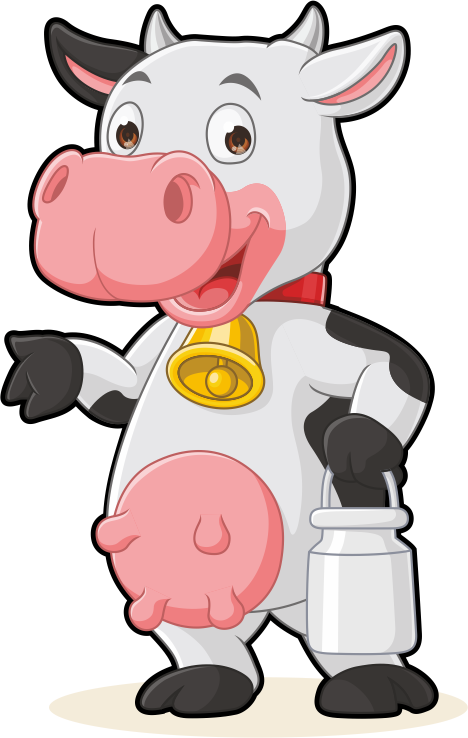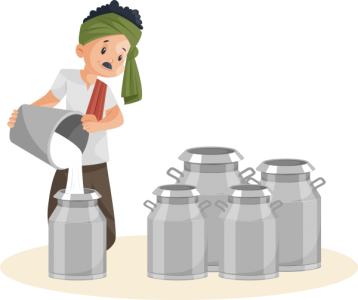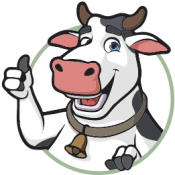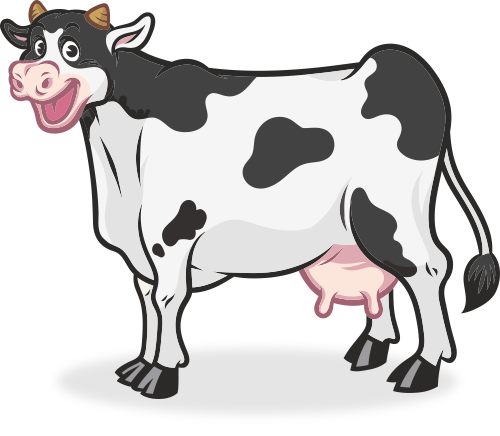More & Better Milk Production


The ASEES Belief
Dairy profits are governed by not just increased milk production but on increased milk production year on year. Short-term gains may lead to the animal’s health deteriorating over time, bringing on expenses for disease management and ultimately a loss overall. Poor health in animals also compromises their reproductive ability. Through its feeds, supplements, and farmer outreach programs, ASEES works on a singularly focused philosophy…
“pashu swasth toh karobaar swasth”
healthy farm animals lead to a healthier business

Milk production in dairy animals depends upon three key aspects: Breed, Nutrition, & Management.
Breed
Developing a good breed will lead to better milk production throughout successive lactations with minimum health issues. Breed improvements also help in stamping out concerns of repeat breeding, mastitis, lameness, etc. A farmer can also improve milk fat and SNF with better breed development. Our Technical Team is available for consulting on better breeding solutions should the farmer need them.
Nutrition
Recent advances in genetics and breeding have ensured that dairy cows are continuously improving their capabilities. Quality nutrition is key to obtain optimum production. A ‘balanced ration’ comprises the appropriate amount of nutrients from fodder, feed, minerals, vitamins, and water.
CONCENTRATE FEED:
With the huge variation in the genetic potential of cows available in India, it is not possible to provide the nutrition requirement of all cows economically, through a single feed. Therefore, ASEES offers a bouquet of products intended for milking cows. The selection of the right product depends on the cow’s productivity, forage resources available
on the farm, and the objectives of the dairy farmer. Our Technical Teams assist the farmers in making aware choices.
FODDER:
Producing good quality compound concentrate is just the first step in obtaining good performance from dairy cows. This must be matched by the quality and quantity of forages, their processing, preservation & storage. An optimum ratio of forage v/s concentrate should be maintained depending upon the production potential of animals. Silage is a pasture grass that has been ‘pickled’. Preservation of certain crops for use in times of need is really a good idea. Silage aids in increasing milk production as it is very nutritive in nature. It also reduces the labour cost incurred by the farmer.
ASEES SUPPLEMENTS:
Minerals & Vitamins play an important role in the overall metabolism and physiology of the animals and help in improving milk quantity and quality. Our supplement products are targeted at fulfilling the dairy animal’s needs so that it performs in a high-stress production environment without sustaining a compromise on its health.
WATER:
Often neglected, water is a key nutrient for dairy animals. Water intake is related to animal size, age, activity, productivity, and the environment. Animals need water to maintain their blood volume, to keep organs and tissues functioning, and to aid in digestion and absorption of feed. Since milk is 87% water, milk production is quite dependent on water intake.
Management
Good management of a dairy farm provides ‘cow comfort’ in a high-stress production environment. Cows that have less stress, eat more, yield more milk, and have lesser health problems. They should primarily be doing four things: milking, eating, drinking, and laying down.
A Dairy Animal’s Day at Work
- 2.5 hrs. Cow eats the fodder
- 7.5 hrs. Cow chews the fodder
- 30 min. Cow yields milk 2-3 times

- 10 min. Farmer arrives for tending
- 20 min. Cow scratches and cleans herself
- 13 hrs. Cow rests or sleeps
Interested to know more? Get in touch with us!
The ASEES TECHNICAL TEAM assists farmers in achieving the optimum breeding results, choosing the right feed and supplement regimen, and information on effective dairy management practices. Contact us on our Helpline Number:
81460-07777
through a call or a WhatsApp message. Alternatively, reach via this website. We are here to help you achieve maximum and better-quality milk production while ensuring the best health for your farm animal.